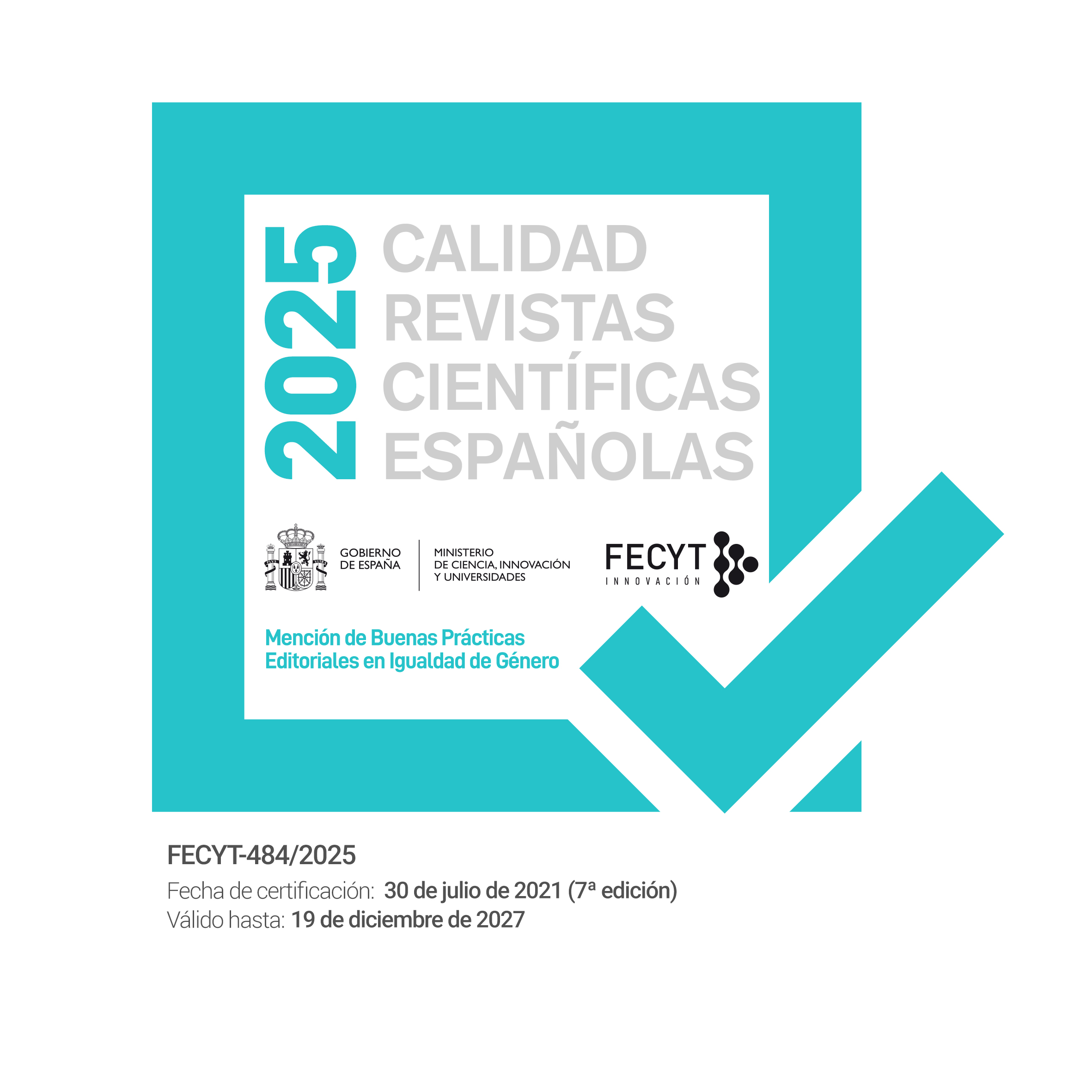Villar Palasí: about technocracy and school management
DOI:
https://doi.org/10.5944/hme.14.2021.28184Keywords:
Francoism and education, Technocracy in Spain, The 1970 educational reform, School management in Spain.Abstract
University Professor José Luis Villar Palasí took charge of the Ministry of Science and Education in April 1968, after being nominated by the technocratic sector of the Government, with the political mission and personal conviction of reshaping the organisational structures of education in an attempt to stem the increasing unrest at universities. Nonetheless, he soon came to learn that the Spanish educational system as it stood required a complete renovation if it was to join the ranks of other advanced educational systems in the last quarter of the 20th century. In order to complete this task he recruited a team of qualified technocrats, most of them having independent political views and associations with international agencies and institutions. This ministerial team carried out a diagnosis of the imbalances and contradiction of the educational system at the time and then put forward a proposal for an educational reform, laid out in the so called Libro blanco (White Book). This document would become the foundational plan for the new General Education Act of 1970. However, regarding the matter of academic management, the wording of the Law deviated from the proposals made in Libro blanco, suppressing the Board of Directors. This work reflects on the ideological and political circumstances of the educational reform and Minister Villar Palasí himself. We also attempt to provide some clues as to the causes that led to the abolition of the Corps of Directors.
Downloads
References
Blat Gimeno, José. «Apuntes sobre la elaboración y aplicación de la reforma educativa de 1968-1970» Revista de Educación. Número extraordinario (1992): 289-296.
Calvo Serer, Rafael. España sin problema. Madrid: Rialp, 1957.
Comité de Cooperación Internacional para la reforma de la Educación en España. Informe final. Madrid: Ministerio de Educación y Ciencia, 1969.
Díaz García, Elías. Pensamiento español en la era de Franco (1939-1975). Madrid: Tecnos, 1983.
Díez Hochleitner, Ricardo. «La reforma educativa de la Ley General de Educación de 1970. Datos para una crónica». Revista de Educación. Número extraordinario (1992):261-278.
Díez Hotchleiner, Ricardo. Joaquín Tena Artigas y Marcelino García Cuerpo. La reforma educativa y la educación permanente. París: UNESCO, 1977.
Doval Huecas, Gregorio. Los últimos años del franquismo (1969-1970). Madrid: Síntesis, 2007.
Fontán Pérez, Antonio. Los católicos en la Universidad Española actual. Madrid: Rialp, 1961
Fraga Iribarne, Manuel. Horizonte Español. Madrid: Editora Nacional, 1968.
Fraga Iribarne, Manuel. Memoria breve de una vida pública. Barcelona: Planeta, 1980.
Franco Salgado-Araujo, Francisco. Mis conversaciones privadas con Franco. Barcelona: Planeta, 1976.
Giménez Martín, Miguel Ángel. «Los reformistas del franquismo en las Cortes: el Grupo Parlamentario Independiente». Revista de Estudios Políticos 179 (2017): 199-230.
González Bertolín, Aurelio. «En torno al pacto educativo en España». En Sfide educative e riflessione pedagógica internacionale. Marisa Musaio y Roberto Sanz Ponce, (Milano: Educatt, 2019),107-118.
González Bertolín, Aurelio y Roberto Sanz Ponce. «“Excluyentes” y “comprensivos”. Joaquín Ruiz-Giménez y los orígenes de la extensión de la Enseñanza Media en España». Educació i Història 32 (2018):89-113.
González Cuevas, Pedro Carlos. «La derecha tecnocrática». Historia política: ideas, procesos y movimientos sociales 18 (2007): 23-48.
Laín Entralgo, Pedro. España como problema. Madrid: Escelicer, 1949.
López Rodó, Laureano. Memorias. Barcelona: Plaza y Janés, 1990.
Lora Tamayo, Manuel. Lo que yo he conocido. Recuerdos de un viejo catedrático que fue ministro. Cádiz: Ingrasa, 1993.
Miguel Rodríguez, Amando de. Sociología del franquismo. Análisis ideológico de los Ministros del Régimen. Barcelona: Euros, 1975.
Ministerio de Educación y Ciencia. La educación en España. Bases para una reforma educativa. Madrid: MEC, 1969.
Murillo Torrecilla, Francisco Javier y Juan Carlos Gómez Martín. «Pasado, presente y futuro de la Dirección Escolar en España: entre la profesionalización y la democratización». REICE- Revista Electrónica Iberoamericana sobre Calidad, Eficacia y Cambio en Educación 4, 4e (2006):61-99.
O’Malley, Pamela. La educación en la España de Franco. Madrid: Gens, 2008.
Palacios Tapias, Jesús. Las cartas de Franco. Madrid: La Esfera de los Libros, 2005.
Pérez-Embid Tello, Florentino. «Ante la nueva actualidad del “Problema de España”». Arbor 45-46 (1949):149-160.
Puelles Benítez, Manuel de. «Tecnocracia y política en la reforma educativa de 1970». Revista de Educación. Número extraordinario (1992):13-29.
Puelles Benítez, Manuel de, Educación e ideología en la España contemporánea. Madrid: Tecnos, 1999.
Ruiz-Giménez Cortes, Joaquín. «Dos nuevas Leyes de Educación». Revista de Educación 33-34 (1955):1-19.
Ruiz Carnicer, Miguel Ángel. «De la urbanidad a la educación». En La España de Franco (1939-1975). Cultura y vida cotidiana. Jordi Gracia García y Miguel Ángel Ruiz Carnicer, (Madrid: Síntesis, 2001):319-338.
Ruiz Ojeda, Alberto. «José Luis Villar Palasí: in memoriam». Revista de Administración Pública 188 (2012): 9-13.
Silva Muñoz, Federico. Memorias políticas. Barcelona: Planeta, 1993.
Tusell Gómez, Javier. Historia de España en el siglo XX. III La Dictadura de Franco. Madrid: Taurus, 2000.
Viñao Frago, Antonio. «La Educación General Básica. Entre la realidad y el mito» Revista de Educación. Número extraordinario (1992):47-71.
Viñao Frago, Antonio. Escuela para todos. Educación y modernidad en la España del siglo XX. Madrid: Marcial Pons, 2004.
Downloads
Published
How to Cite
Issue
Section
License
Authors who publish in Historia y Memoria de la Educación agree to the following terms:
- Authors retain copyright and grant the journal right of first publication with the work simultaneously licensed under a Creative Commons Attribution-NonCommercial 4.0 International that allows others to share the work with an acknowledgement of the work's authorship and initial publication in this journal.
- Authors are able to enter into separate, additional contractual arrangements for the non-exclusive distribution of the journal's published version of the work (e.g., post it to an institutional repository or publish it in a book), with an acknowledgement of its initial publication in this journal.
- Authors are permitted and encouraged to post their work online (e.g., in institutional repositories or on their website) prior to and during the submission process, as it can lead to productive exchanges, as well as earlier and greater citation of published work (See The Effect of Open Access).










